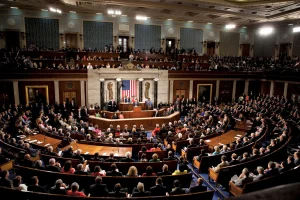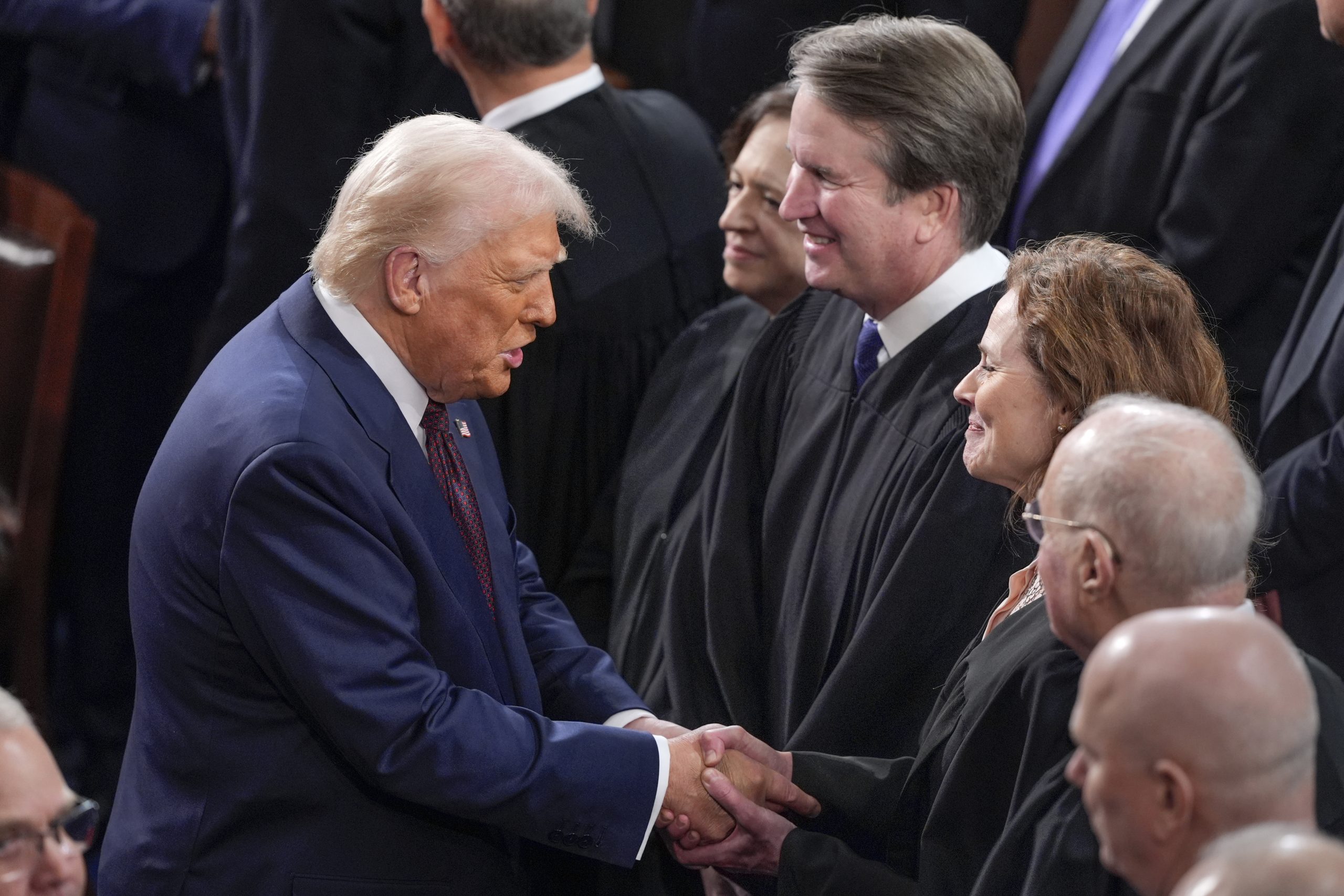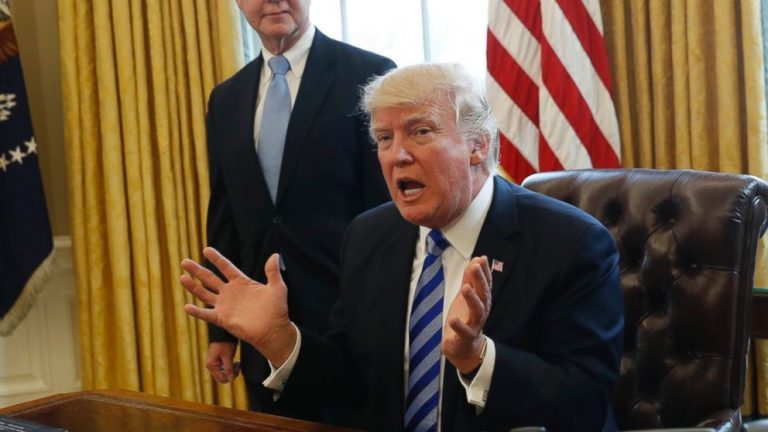A Sudden Decision With Global Ripples
In a decision that could redefine the limits of executive power over immigration, the U.S. Supreme Court has given the Trump administration clearance to resume deportations of a group of immigrants currently held at a U.S. military facility in Djibouti.
The ruling — delivered in a brief, unsigned opinion — affirmed that the government may proceed with sending the eight men to South Sudan, despite ongoing questions about whether the destination was ever included in their original removal orders.
The justices’ decision, reached by a 7–2 majority, did not arrive with fanfare. But its implications are already stirring controversy across the political spectrum — not only for what it allows, but for what it signals about the balance of power between federal courts and the presidency.
The Long Legal Battle Behind the Decision
The ruling stems from a months-long legal dispute that began in a federal courtroom in Massachusetts. In April, U.S. District Judge Brian Murphy issued an injunction restricting the Trump administration’s ability to deport migrants to “third countries” — nations not explicitly listed in their removal orders — without first confirming that deportation would not subject them to torture or persecution.
Murphy later found that the government violated that order when it attempted to send eight detainees to South Sudan, a nation under heavy U.S. travel warnings due to armed conflict, kidnapping, and violent crime. The men were instead rerouted to Djibouti, where they remain detained on a U.S. military base.
The Trump administration argued that Murphy’s restrictions were an unlawful expansion of judicial authority. On May 27, Solicitor General D. John Sauer asked the Supreme Court to intervene, saying the lower court’s “judicially created procedures” were “wreaking havoc on the third-country removal process” and interfering with U.S. diplomatic efforts.
The justices agreed to stay Murphy’s injunction temporarily on June 23 — a move that appeared to give the administration permission to proceed with deportations. But when Murphy later claimed that his subsequent order still restricted those actions, the administration again turned to the Supreme Court for clarification.
The Court Steps In — and Speaks Loudly by Saying Little
In its brief opinion Thursday, the Court sided with the administration, ruling that its June order nullified Murphy’s injunction in full.
“The May 21 remedial order cannot now be used to enforce an injunction that our stay rendered unenforceable,” the majority wrote. The ruling effectively reinstates the Trump administration’s authority to deport the eight men from Djibouti to South Sudan — a country that U.S. officials have warned Americans to avoid altogether.
While the opinion was unsigned, it drew a 7–2 majority. Justices Sonia Sotomayor and Ketanji Brown Jackson dissented, while Justice Elena Kagan joined the Court’s conservative bloc in the majority.
Kagan, who had previously expressed concern about third-country deportations, acknowledged that once the Court issued a stay, lower courts were bound to comply. “A majority of this Court saw things differently, and I do not see how a district court can compel compliance with an order that this Court has stayed,” she wrote.
A Sharp Dissent on Human Rights Grounds
Justice Sotomayor, joined by Jackson, offered a forceful dissent that focused less on legal technicalities and more on the potential human consequences.
“What the Government wants to do, concretely, is send the eight noncitizens it illegally removed from the United States from Djibouti to South Sudan, where they will be turned over to the local authorities without regard for the likelihood that they will face torture or death,” she wrote.
Sotomayor argued that the Supreme Court should not have taken the case at all, saying the administration should have pursued its claims through normal appellate channels before seeking high-court intervention.
She further criticized the Court’s handling of the dispute, writing that its “continued refusal to justify its extraordinary decisions in this case, even as it faults lower courts for failing to properly divine their import, is indefensible.”
The Case Behind the Headlines
The eight immigrants — identified in court filings as coming from Cuba, Vietnam, and Laos — were detained in the U.S. before being removed to Djibouti earlier this year. Their lawyers say they were sent there without notice, pending deportation to South Sudan, a country where none of them have citizenship or family ties.
Advocates for the men argue that such “third-country removals” violate both domestic and international law, particularly under the Convention Against Torture, which bars governments from deporting individuals to nations where they face a substantial risk of harm.
The Trump administration has defended the policy as necessary to deter unlawful immigration and to strengthen cooperation with foreign governments willing to accept deportees.
Broader Stakes for Immigration Policy
The Supreme Court’s decision, though narrow in scope, could have sweeping implications for how future administrations use their authority over deportations.
Legal scholars note that the ruling effectively reinforces the president’s discretion in handling immigration enforcement — particularly when it intersects with national security or diplomatic considerations.
“This is less about South Sudan and more about who gets to decide — the courts or the executive branch,” said one immigration law expert. “The Court’s message seems to be: when it comes to deportation policy, the president holds the pen.”
The case also highlights a growing trend of judicial pushback against lower court rulings seen as overstepping into foreign policy territory — a trend that began in earlier immigration disputes under both the Obama and Trump administrations.
Political and Human Reactions
Reaction to the decision was immediate and deeply divided. Supporters of the administration hailed the ruling as a long-overdue correction of judicial overreach, arguing that lower courts have increasingly obstructed lawful enforcement actions.
“This restores balance,” one former Justice Department official said. “The executive has to be able to carry out immigration policy without being tied up in procedural knots.”
Immigrant rights advocates, meanwhile, warned that the ruling could set a dangerous precedent. “Sending people to a war-torn country without due process isn’t just a legal issue — it’s a moral one,” said a spokesperson for a New York-based advocacy group.
The Department of Homeland Security has not publicly disclosed when deportations from Djibouti will proceed.
A Quiet but Defining Moment for the Court
While the decision did not include sweeping new legal doctrine, its tone and brevity may carry as much weight as its outcome.
By issuing a short, unsigned opinion with little explanation, the Court avoided a full hearing while effectively backing the administration’s interpretation of its own authority.
For critics, that silence raises concerns about transparency. For supporters, it underscores the judiciary’s willingness to let the executive branch do its job without interference.
Either way, the ruling adds a new chapter to the long-running debate over how far the federal government’s deportation powers can go — and who has the right to say when they’ve gone too far.

Emily Johnson is a critically acclaimed essayist and novelist known for her thought-provoking works centered on feminism, women’s rights, and modern relationships. Born and raised in Portland, Oregon, Emily grew up with a deep love of books, often spending her afternoons at her local library. She went on to study literature and gender studies at UCLA, where she became deeply involved in activism and began publishing essays in campus journals. Her debut essay collection, Voices Unbound, struck a chord with readers nationwide for its fearless exploration of gender dynamics, identity, and the challenges faced by women in contemporary society. Emily later transitioned into fiction, writing novels that balance compelling storytelling with social commentary. Her protagonists are often strong, multidimensional women navigating love, ambition, and the struggles of everyday life, making her a favorite among readers who crave authentic, relatable narratives. Critics praise her ability to merge personal intimacy with universal themes. Off the page, Emily is an advocate for women in publishing, leading workshops that encourage young female writers to embrace their voices. She lives in Seattle with her partner and two rescue cats, where she continues to write, teach, and inspire a new generation of storytellers.









